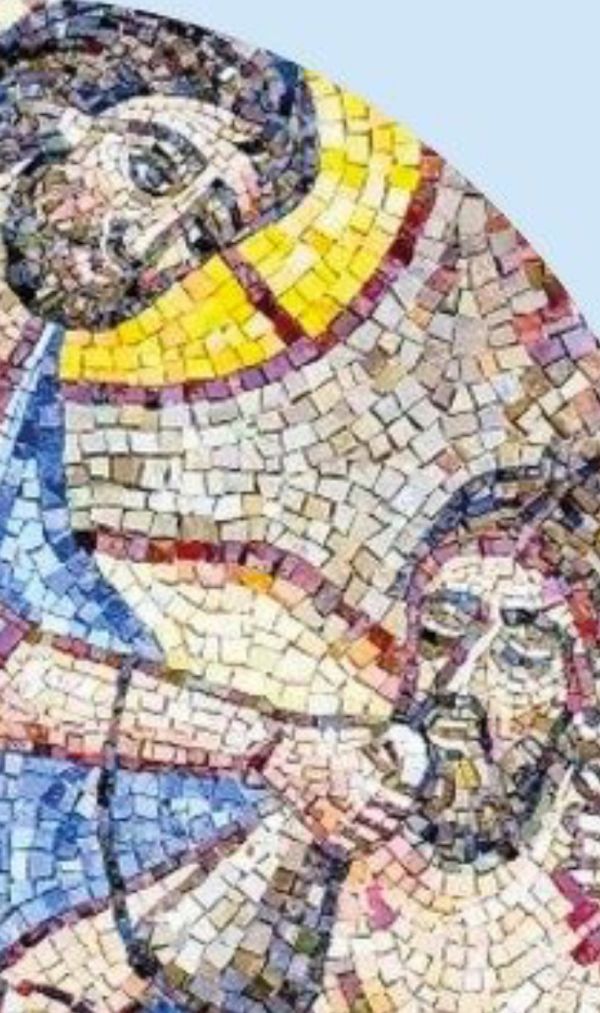The Great Commandment: only profound Quality obliges
(Mt 22:34-40)
That of the ‘Great commandment’ was the most familiar catechism rule, even to infants.
Jesus is questioned to retort: and why do you not keep the one commandment that even God fulfils - the Sabbath rest?
The unique disposition in which the Father recognizes himself is Love, not some particular precept - because only profound Quality obliges.
The spiritual proposal of the Master makes the narrative of God's people and the practice of the Prophets its own: all heart, feet, hands - and intelligence.
Complete Love for God envelops the creature in every decision [heart], every moment and aspect of its concrete 'life', all its resources [strength].
Mt doesn’t explicitly mention this last aspect, perhaps to emphasize that the Father doesn’t absorb energies in any way, but transmits them.
And Jesus adds to the nuances of authentic understanding with God enumerated in the First Testament an unexpected side to those who think of love as a feeling only emotional.
The Lord suggests study, discernment and understanding of our perceptions (v.37) - the mental and deep intelligence aspect that complements Dt 6.
At first glance, it appears to be a secondary facet or even a frill for the qualitative leap from a common religious sense to the wisely and personally configured existence of Faith.
The exact opposite is true: we are children of a Father who does not supplant us, nor absorb our forces or potential, depersonalising us; not even from the mental point of view.
Practicality alone makes us fragile, not very aware; and when we are not convinced, we will not be reliable either, always at the mercy of changing situations and the conformist, fashionable, other people’s opinion.
Jesus doesn’t speak of love for God in terms of intimacy and feeling, but of a totally involving affinity, made less oscillating precisely by the development of our sapiential measure on issues.
Here is a decisive appointment, of the Love in the round.
It would be unnatural to recognise a Lord of Heaven who does not come to meet us and instead towers over us with an objective of his own, which is extrinsic to us and makes us marginal.
«How [and "because"] yourself»: it’s a new Genesis in the spirit of Giving. The paradox suggested by Jesus is that we love for the care to meet - and because we love ourselves - by expanding the I into the You.
God’s «great command» affects real life and concerns not only the quality of relationship with the world and neighbour, but the reflexive global with oneself.
We should not be afraid of other doctrines and disciplines, neglecting the challenges even intellectual ones that call into question beliefs, works, one’s worldview, language, style, and thought itself.
All added values.
Needless to complain, if the ecclesial realities that don’t update, and remain in the inherited commonplaces, slowly decay, then disappear.
Therefore to the ancient notes of true love, the Son of God adds the quality of mind: we are not gullible, clueless, one-sided.
Our outstretched hands are the result of free and conscious choice. No forced surrender.
«Faith that does not become culture is a faith that is not fully accepted, not entirely thought out, not faithfully lived» [John Paul II].
To internalize and live the message:
What’s Great for you? Do you document and update yourself in order to better correspond to God’s Call?
[Friday 20th wk. in O.T. August 23, 2024]












